To realize its goal of becoming one of the leading economies in the world, Indonesia has outlined a comprehensive strategy. Foreign direct investment plays an important role in unlocking Indonesia's potential.
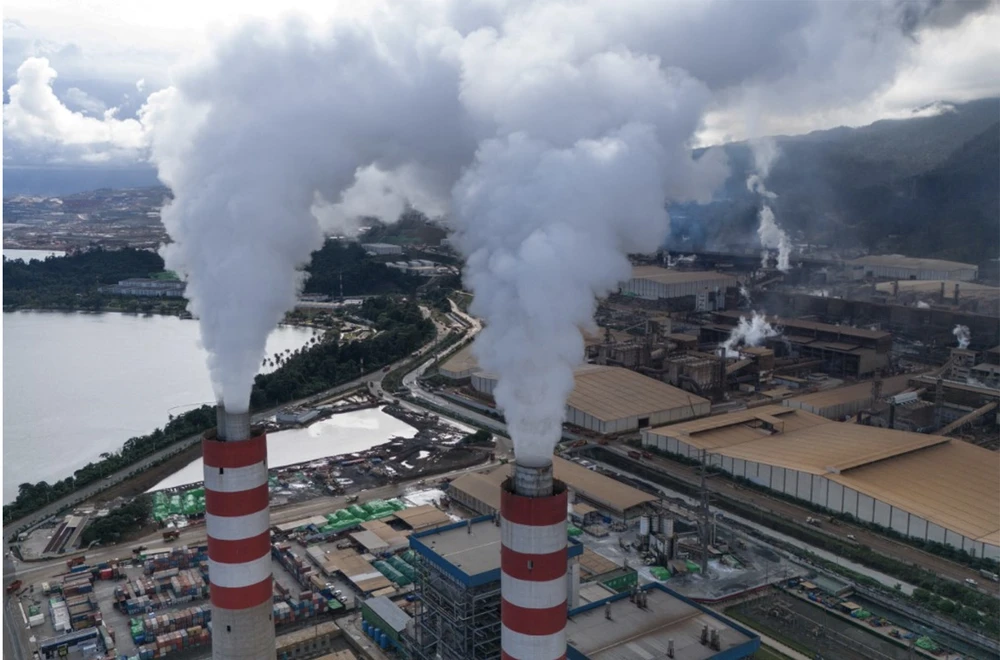
In fact, Indonesia's FDI (foreign direct investment) hit a record high of $47 billion in 2023, according to the Jakarta Post. As of the first quarter of 2024, FDI had reached $12.5 billion. This figure is 15.5% higher than the same period last year and accounts for nearly 51% of total investment from foreign and domestic sources. Investment Minister Bahlil Lahadalia revealed that FDI from South Korea reached $1.3 billion in the second quarter of this year, surpassing capital flows from the US and Japan by $900 million and $800 million, respectively.
According to David Sumual, Chief Economist of Bank Central Asia (BCA), South Korea is on track to become one of the largest investors in Indonesia and could be on par with China and Japan in the long term. South Korean investments are quite diversified as they are not only poured into the electric vehicle ecosystem - a major focus of the Indonesian government - but also into other manufacturing sectors. Singapore and China were the largest investors in Indonesia in the first half of the year, with capital of US$8.9 billion and US$7.7 billion, respectively.
Indonesia is considered to have a multifaceted approach that includes targeted policies, regulatory reforms and strategic partnerships to unlock its full economic potential. In particular, Indonesia has decided that the main driver of its transition will be to focus on downstream manufacturing and move to a net zero emissions economy by 2060. Downstream industries are particularly important because they add value to raw materials and move Indonesia higher up the manufacturing value chain.
For example, with the roadmap outlined, Indonesia aims to attract $545.3 billion in investment by 2040 across 21 priority sectors from the mining and forestry sectors. Its status as the world’s largest nickel producer has spurred investment in smelters and the EV value chain.
By prioritizing these macroeconomic conditions and implementing supportive policies, Indonesia can attract sustainable foreign investment flows for long-term economic growth and development. The country has also launched a golden visa program to attract business investment and intends to issue 1,000 golden visas by the end of this year. According to Nikkei Asia, this visa opens up opportunities for foreign companies operating in Indonesia to recruit and retain foreign workers. According to analysts, if 20 years ago, emerging economies such as China, India and Brazil joined the group of leading economies, Indonesia is now ready to do so.
HAPPY CHI
Source: https://www.sggp.org.vn/chien-luoc-tro-thanh-nen-kinh-te-hang-dau-cua-indonesia-post751806.html


![[Photo] Closing of the 11th Conference of the 13th Central Committee of the Communist Party of Vietnam](https://vstatic.vietnam.vn/vietnam/resource/IMAGE/2025/4/12/114b57fe6e9b4814a5ddfacf6dfe5b7f)





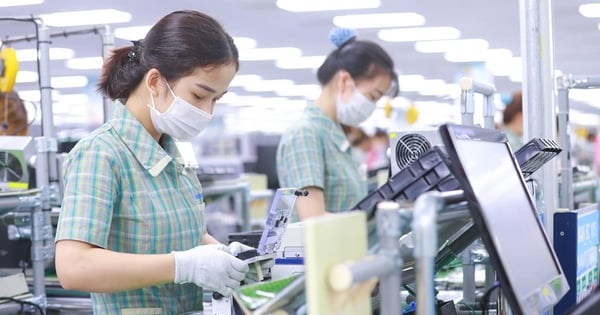



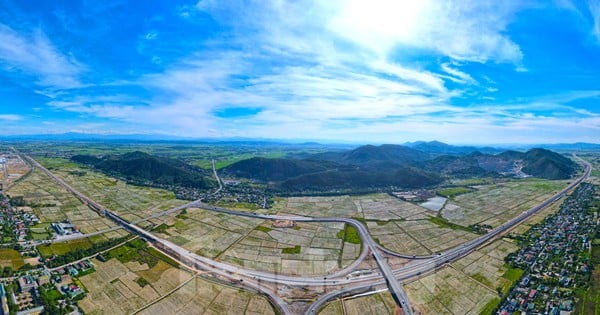

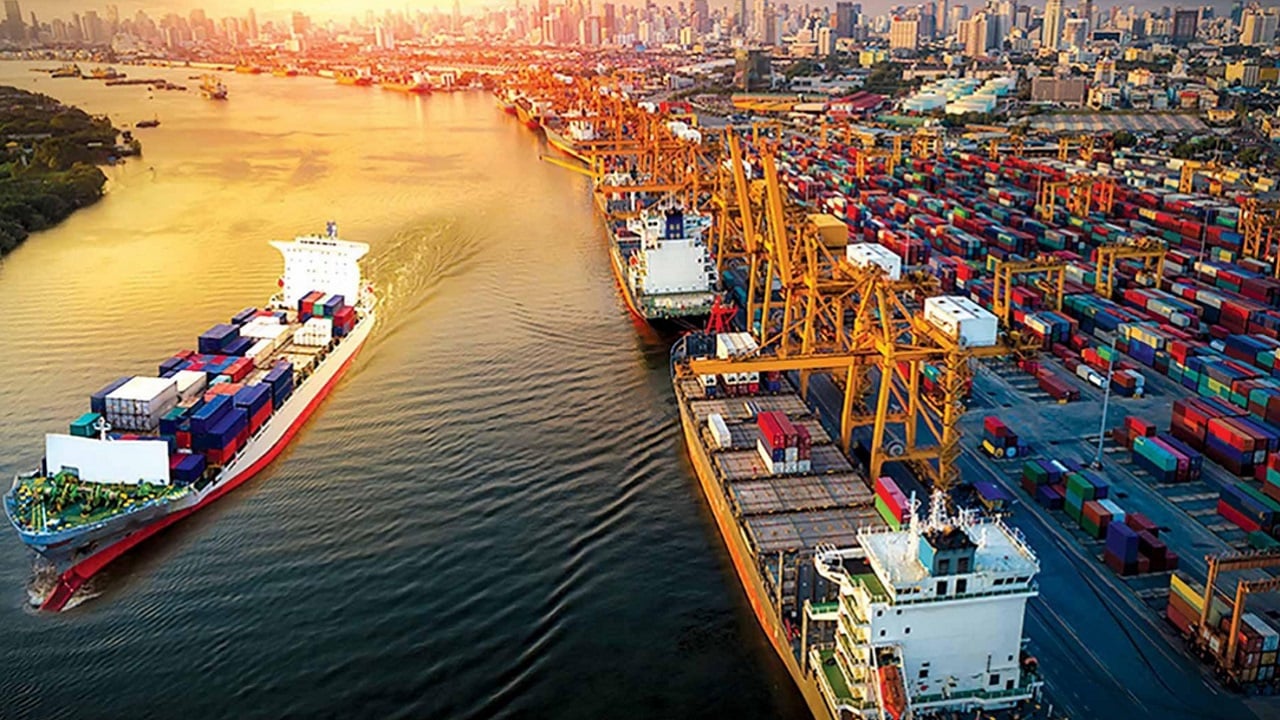

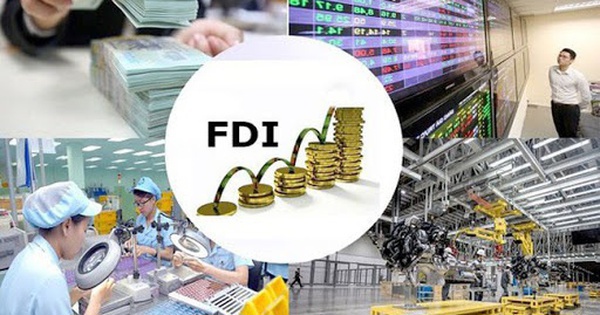

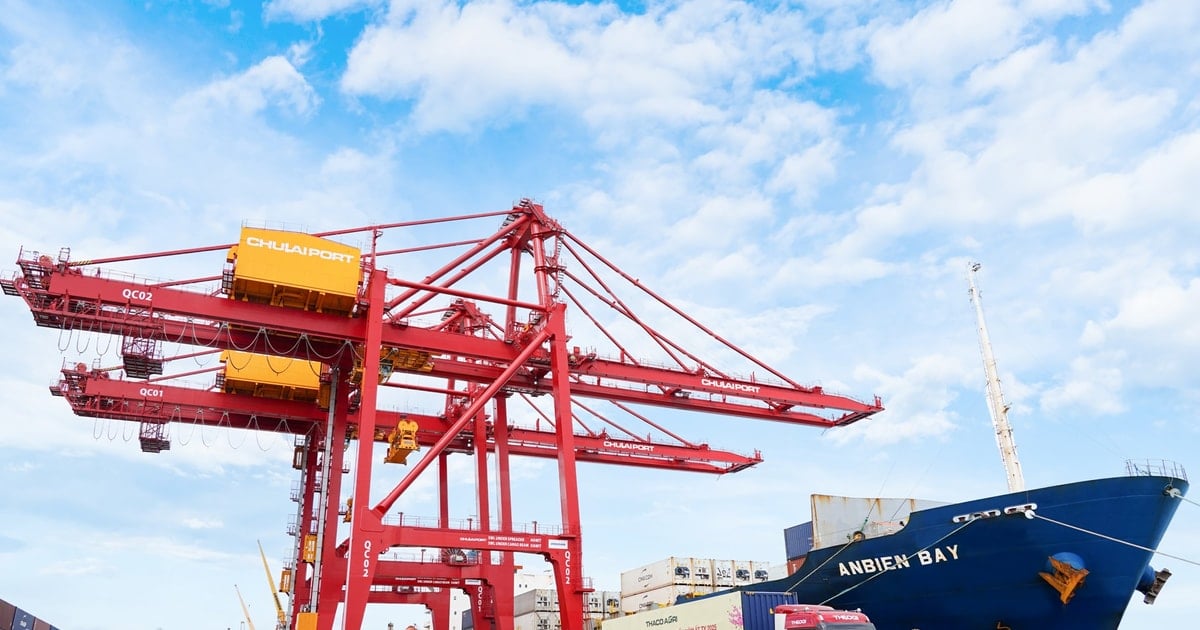
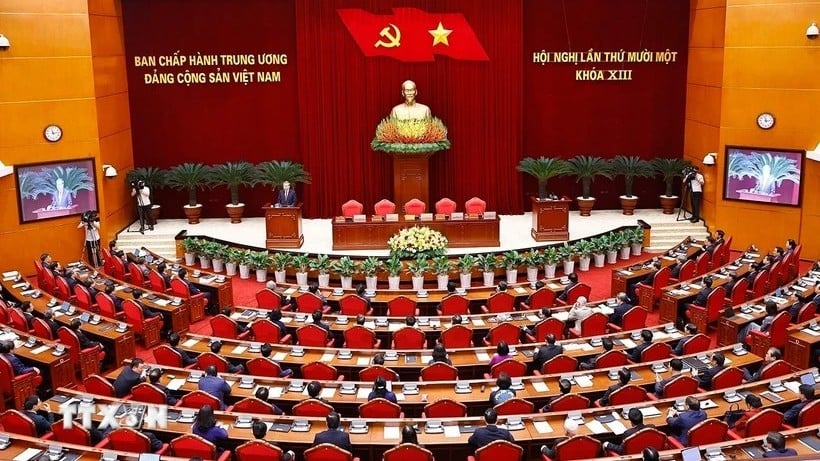








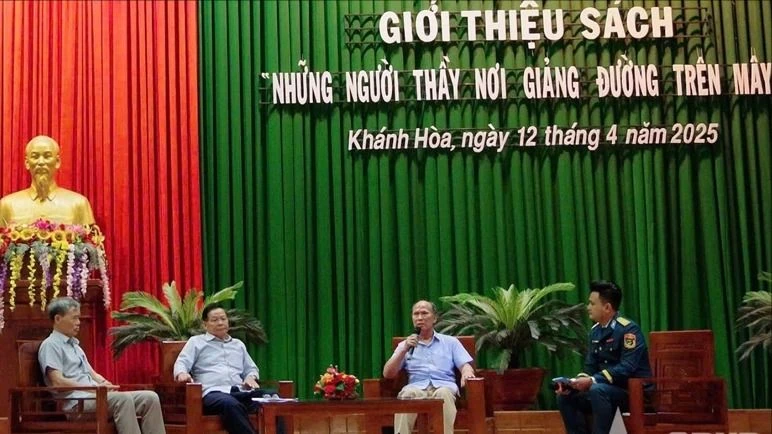






![[Photo] Overcoming all difficulties, speeding up construction progress of Hoa Binh Hydropower Plant Expansion Project](https://vstatic.vietnam.vn/vietnam/resource/IMAGE/2025/4/12/bff04b551e98484c84d74c8faa3526e0)






























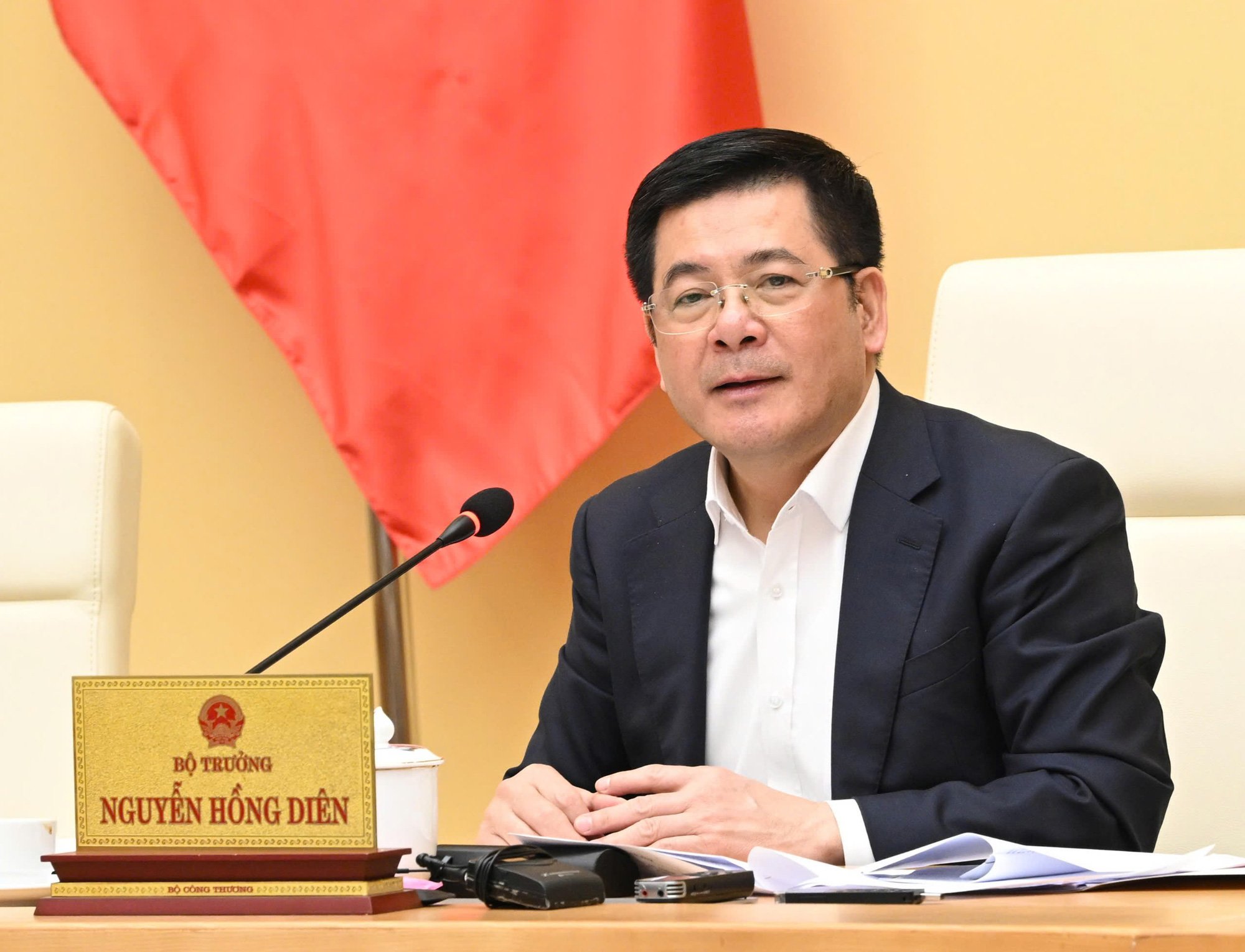
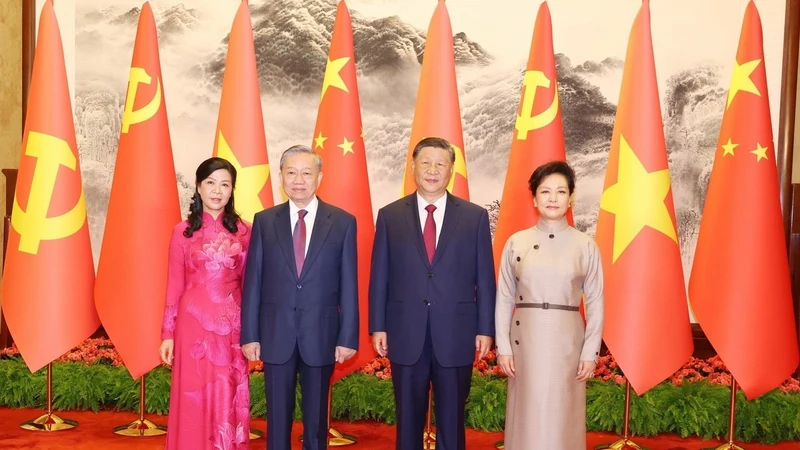










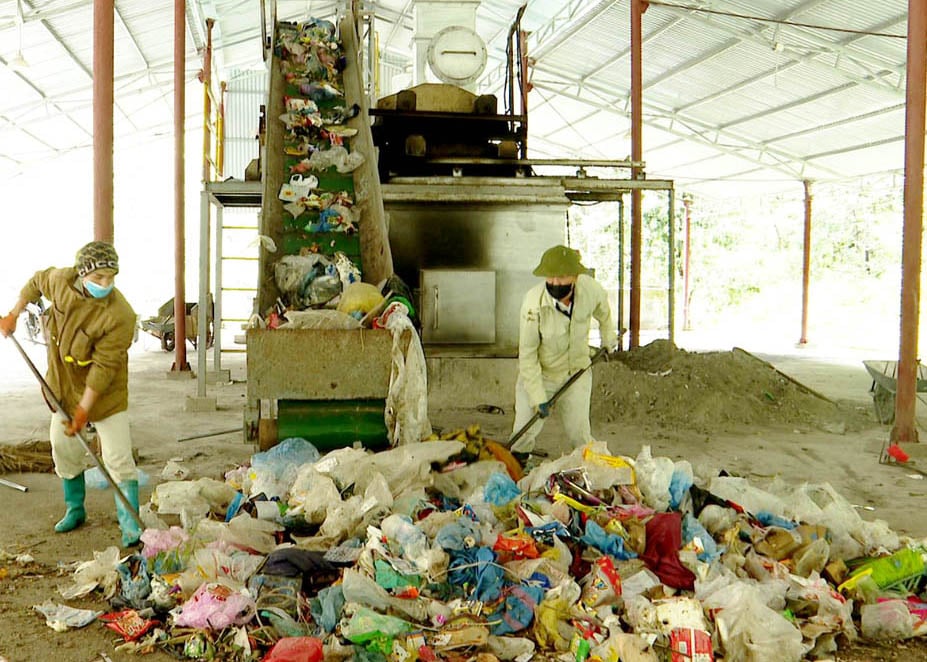

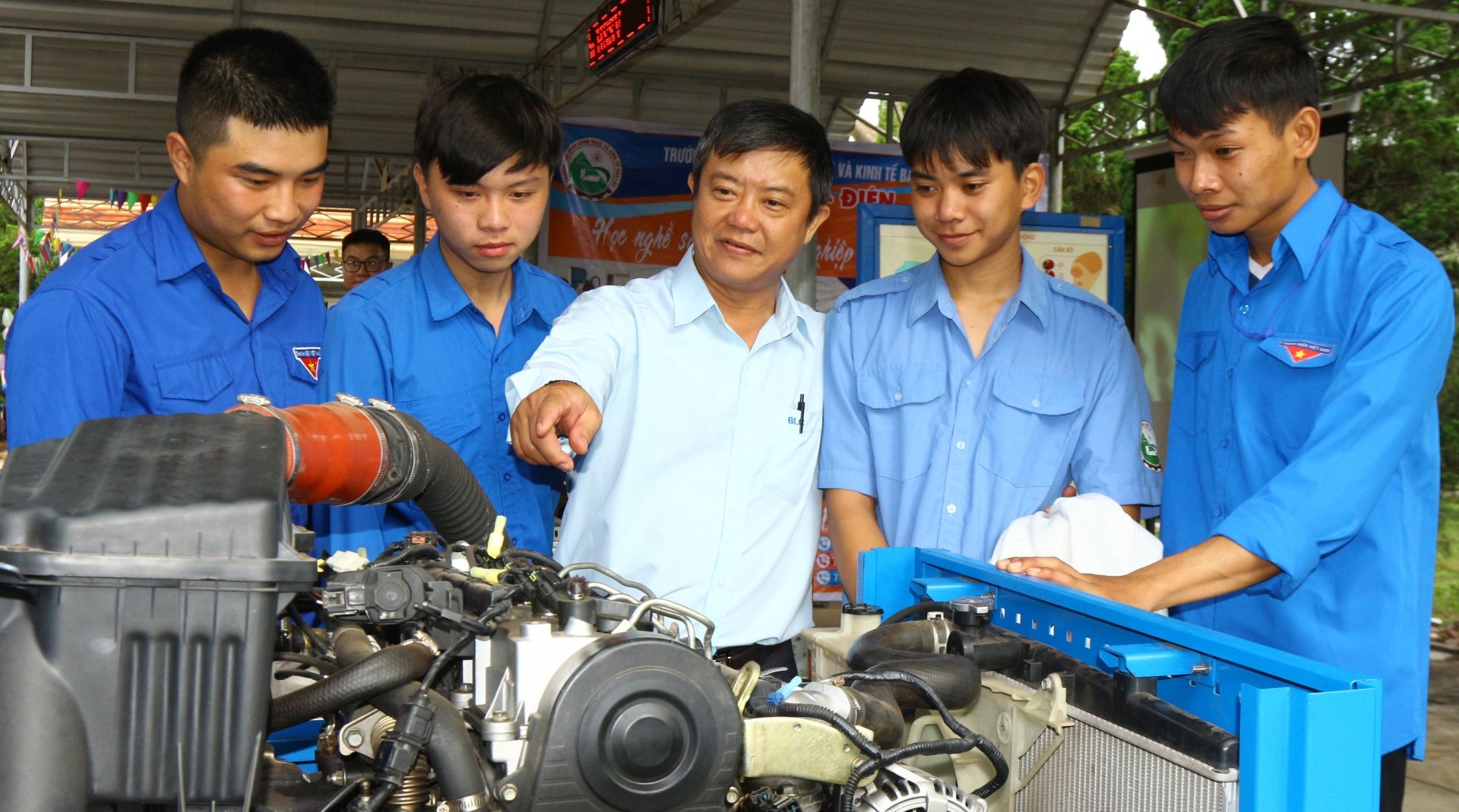

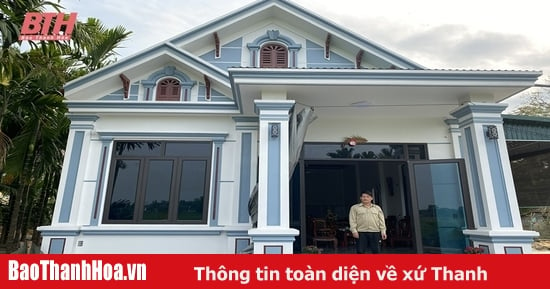











Comment (0)